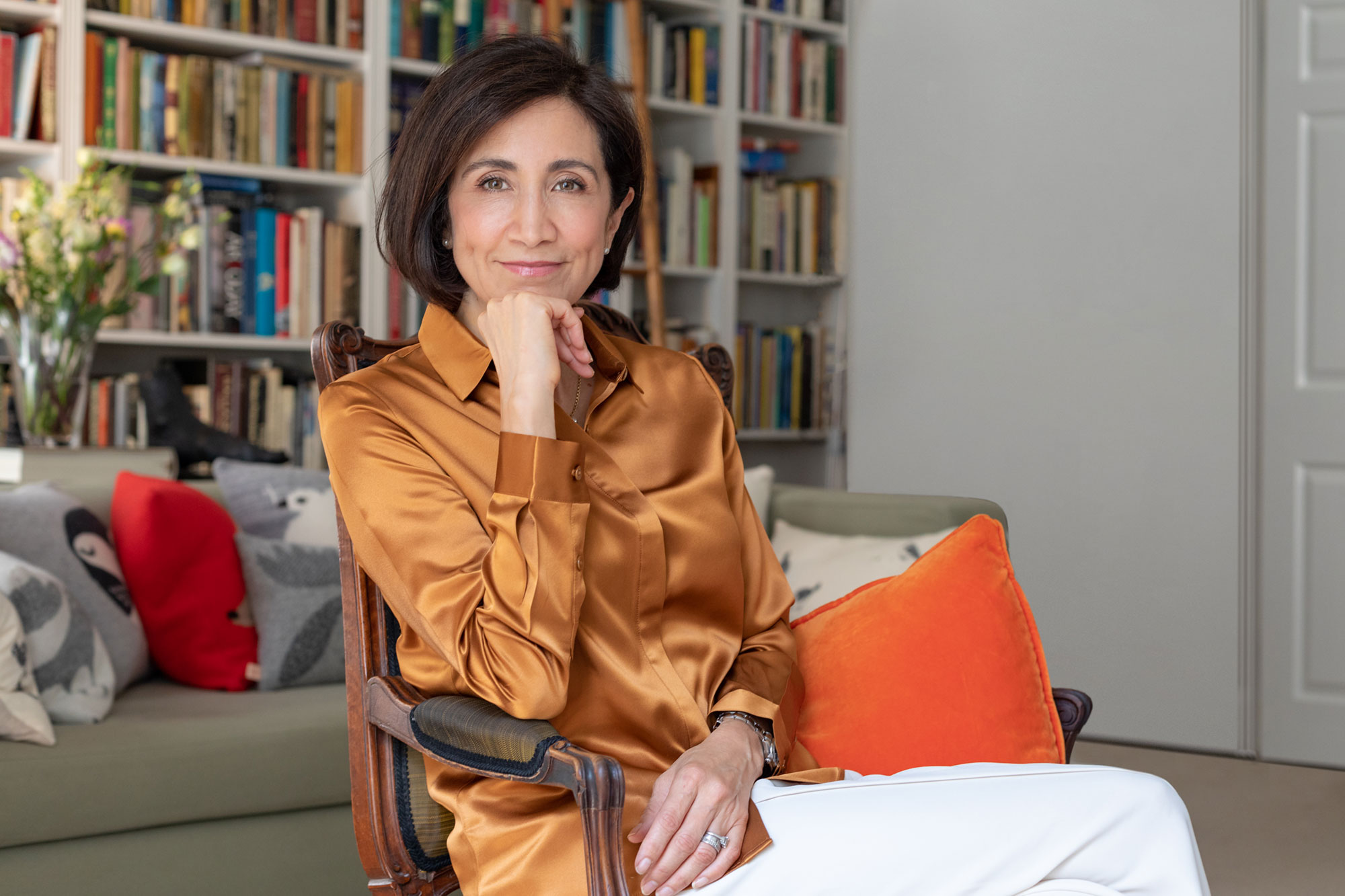About
I am a psychodynamic psychotherapist with therapy consulting rooms in Harley Street and West Hampstead, London. I also see patients in the NHS. My comprehensive experience supplements 6 years training at The Tavistock and Portman NHS Foundation Trust, the internationally renowned centre of excellence. I have an MA in Psychodynamic Psychotherapy and an Advanced Diploma in the Dynamics of Mental Health Practice. I am a registered member of BPC (British Psychoanalytic Council) and BACP (British Association for Counselling and Psychotherapy) and currently furthering my professional development at the Institute of Psychoanalysis. I work with adults and late adolescents in both the English and Spanish languages.
Qualifications
- Post Foundation Course
Institute of Psychoanalysis, London - Mentalization-Based Training and Dynamic Interpersonal Therapy (DIT)
Anna Freud Centre, London
From Tavistock and Portman NHS Foundation Trust, London:
- Psychotherapy for Groups
- Perinatal Mental Health Course for Psychologists and Psychotherapists
- MA in Psychodynamic Psychotherapy
- Professional Qualification and Clinical Training in Inter-cultural Psychodynamic Psychotherapy
- Trust Certificate in Development of Psychoanalytic Theory
- BSc in the Dynamics of Mental Health Practice

What Psychodynamic Psychotherapy can help with
- Reducing anxiety
- Gaining a better understanding of why we are how we are
- Modifying negative patterns of behaviour
- Managing life in more constructive ways
- Expanding possibilities for choice and action in the world
- Improving relationships
- Enabling the individual to live a happier, more fulfilling life
More specific cases that I work with
- Mood disorders (depression and anxiety)
- Perinatal period (prenatal anxiety and postnatal depression)
- Menopause transition
- Mental distress in men
- Self-harm
- Bereavement
- Expatriation/Repatriation
The process
We start with an initial consultation, which can be 50 or 75 minutes long. Some clients are comfortable with a shorter session and other prefer to have more time for this initial exploration. If a shorter session is chosen, most likely I will suggest that we meet for a second time before deciding together if to embark in regular sessions.
Therapy then consists of one weekly session of 50 minutes (with the option of increasing to two sessions per week if necessary).
